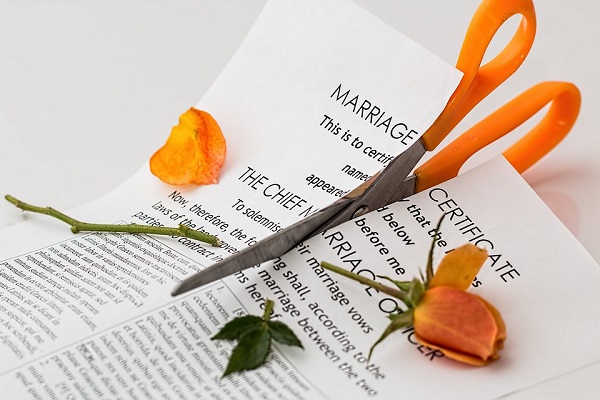Not only is divorce is an enormous emotional pain for you and everyone around you, but it’s also a huge administrational fuss and it requires you to go through a number of legal hoops you probably know nothing about. As if the situation itself isn’t already the worst! Basically, there are two separate legal processes when it comes to divorce – the marriage termination and the property settlement. In some cases, when a marriage lasted for a very short period of time or it somehow happens that the couple has no joint property, there’s no need for a property settlement. However, in most cases, the situation is more complicated and you need to go through both processes.
Find a lawyer
A minority of people choose to represent themselves. However, if you don’t know enough on the subject and if your soon-to-be-ex spouse has representation, we strongly advise you to find a good solicitor to help you through this difficult process. Find someone with a good reputation and experience and someone who can and will be on your side. It’s very important to make a connection with your representative in order for you to be heard and understood and therefore satisfied with the final result. Make some extra effort to find proper representation because that will be the most important thing you do regarding this whole process of property settlement.
Property division
There are two ways to handle divorce property division – community property and equitable distribution. In the first one, all property is divided into two categories – all property acquired in marriage becomes community property and is divided in half, whereas separate property is kept by its owner. The second one, equitable distribution, means that the judge gets to decide which portion of the property is assigned to which person. The process includes both parties defending their case and the judge deciding how the property is divided in the end.
Community and separate property
We’ve already mentioned these terms and said that community property is all property acquired during the marriage. However, this includes debts, as well as earnings. On the other hand, separate property is everything acquired before the marriage, gifts, awards and inheritance. Property that is acquired using separate property will remain separate property. For instance, if you buy a car with the money you inherited from your cousin, the car will be considered separate property. However, if you buy something with money that was a joint investment, that property will most likely be considered community property.
What about the house?
What happens here is that the court decides the value of all community property and its value is divided in half. Later on, the property itself is divided in the way that both parties receive the amount of property that has the assigned value. Be that as it may, how on Earth does one divide a house and who gets it in the end? It depends. If there are children involved, it is usually the parent with whom the children are staying that gets to stay in the house with the kids. However, if there are no kids and one partner solely acquired the house with separate funds, the situation is clear and that partner gets to keep the house and evict the other person.
Exceptions
When it comes to property division, personal property usually stays in the ownership of the person that uses it. That is cosmetics, clothes, drugs or any medical supplies and medical equipment. Secondly, all property that belongs to the child will be assigned to the parent who got the children in the divorce. Also, if one partner has their own business, all equipment and everything related to the business will stay theirs.
Property settlements aren’t that tricky themselves and can be done quite easily if the two parties can communicate and reach an agreement. Unfortunately, this usually isn’t the case. There are feelings involved and things can easily get messy. That is why you need to keep your head clear and trust your lawyer, and everything will be okay in the end.


